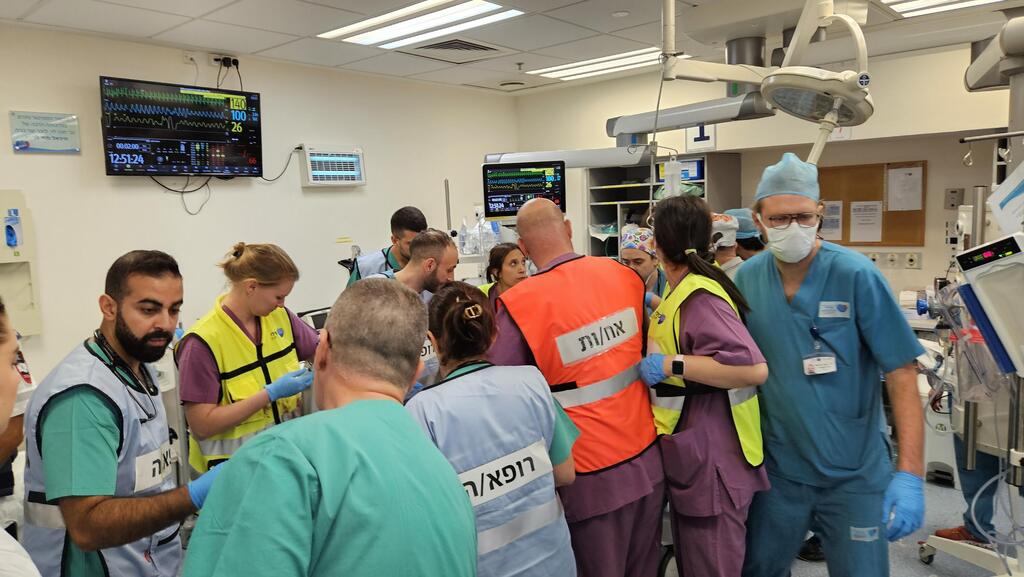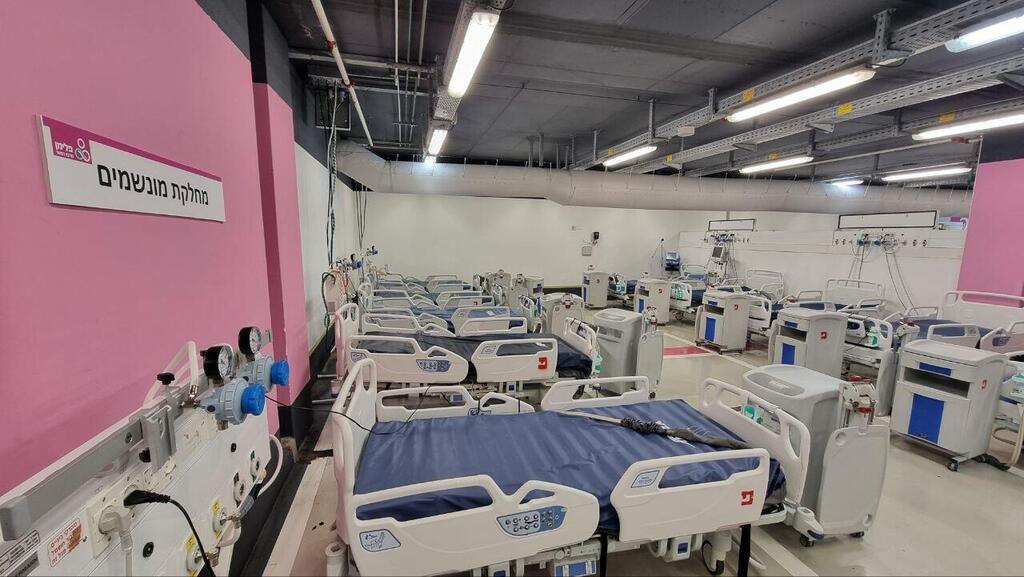Amid a persistent manpower shortage and fears of escalating conflict, the Ministry of Health rolled out new guidelines on Wednesday for the temporary recruitment and intake of volunteer doctors from abroad. This initiative aims to address critical gaps in fields like rehabilitation, intensive care, forensic medicine, ophthalmology, and anesthesia, especially considering the potential call-up of more reserve doctors from hospitals.
Since October 7, volunteer doctors have trickled into Israel, but only in limited numbers. On October 9, a dedicated online platform was launched, registering 12,000 volunteers, including 7,000 doctors. Out of these, 1,100 doctors received preliminary approval for a limited permit after document verification. So far, 280 have been granted the permit based on their actual placement in health institutions, including Magen David Adom (MDA), IDF, general hospitals, health funds, geriatric hospitals, and rehabilitative nursing homes. The volunteers hail from various countries: the U.S. and Canada (4,500), the U.K. (200), France (550), Australia (140), and Latin America (350).
"The Israeli health system is gearing up for 11 emergency scenarios, including significant damage to health infrastructure and situations where needs exceed capabilities, particularly in terms of human resources and treatment capacities," stated the new volunteer recruitment model. "The gaps stem from a shortage of manpower alongside an exceptionally high volume of casualties. These scenarios, such as a multi-front war, earthquake, climate change – major fire, heatwave, etc., increase the need to expand professional manpower."
Regarding manpower recruitment, it was noted that "the proposed model involves recruiting professional volunteers from abroad. The augmentation of manpower from abroad will be carried out following approval according to international aid tools and the supreme hospitalization authority in emergencies, as inviting care personnel from outside the country's borders in an emergency has many national and international implications." It should be noted that the volunteers will have to cover their own flight costs, while the hospitals will bear the costs of accommodation and food – despite not receiving additional budget allocations for this matter. The document details the process of locating and integrating the volunteers, as well as the preferences for locating them.
Not less than two weeks, no more than a month
According to the model developed by the Ministry of Health, the doctors will be recruited for a period no shorter than two weeks and no longer than a month, except in exceptional cases. They will not be required to present a certificate of good conduct: "A certificate of no criminal record will not be required from foreign volunteers. This is because the non-governmental health system does not have the legal authority to conduct a criminal record check and therefore is not entitled to request a declaration of no criminal record. Additionally, within the governmental system, a criminal record check is optional and not mandatory. Since the check cannot be practically carried out, it will not be required from foreign volunteers."
The health system criticizes this move, noting that it actually points to the extreme manpower shortage that hospitals faced even before the war. "The State of Israel is forced to rely on external assistance, including doctors," says a senior health official. "This is necessary given the situation; the number of doctors is insufficient, especially when some doctors are mobilized. The volunteer doctors will supplement the mobilized manpower. The fact that the army in Israel relies on hospital doctors indicates that the hospital manpower is lacking. There is no long-term planning for doctors in Israel, and there is a shortage in certain professions."




